Health, both mental and physical, doesn't always get the attention it deserves. Citizens of the world are suffering every day. Even in the United States ailing people go unseen and unhelped. Luckily, there are several days on the calendar that help those in need get the visibility and the support they deserve. You'll be amazed how many lives you can save as an organ donor!
Child Health Day
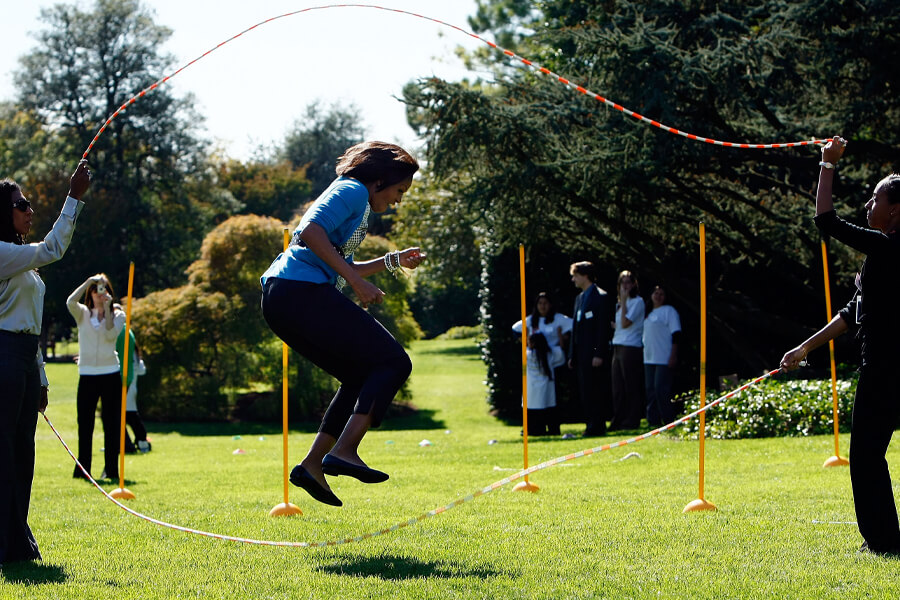
Win McNamee/Getty Images
Since the 1970s, childhood obesity rates have tripled. The primary focus of Child Health Day is to improve children's fitness and dietary choices to create a better future. Started by President Calvin Coolidge in 1928, the American Child Health Association and the American Federation adopted the day quickly.
Observed on the first Monday in October, Child Health Day promotes exercises for year-round use in schools. Organizations like the Child Health association put on events at schools around the world to teach better food and diet habits.
World Autism Awareness Day

Ernesto Ruscio/ Getty Images for Autism Speaks
Internationally recognized on April 2, World Autism Awareness Day became universally sanctioned by the United Nations in 2007. On this day the world comes together to create programs to increase awareness in society.
Once the initiatives are proposed, it becomes the job of the UN Secretary-General to deliver the message globally. In 2012 World Autism Awareness Day was given a theme, "Launch of Official UN 'Awareness Raising' Stamp." In 2018 the theme was, "Empowering women and girls with autism." Themes are a powerful tool, as you'll see with World Mental Health Day next.
World Mental Health Day

Cathal McNaughton - PA Images/PA Images via Getty Images
Part of a mental health week is several countries; World Mental Health Day is recognized by 150 nations every October. First held in 1992, the day seeks to bring awareness to the effects of mental illness.
On a larger scale, the World Federation for Mental Health wants to remove the stigma from mental health entirely. By raising awareness through global education, the organization inches closer every year to achieve its goal. In 2017 the day's theme was, "mental health in the workplace."
World Suicide Prevention Day
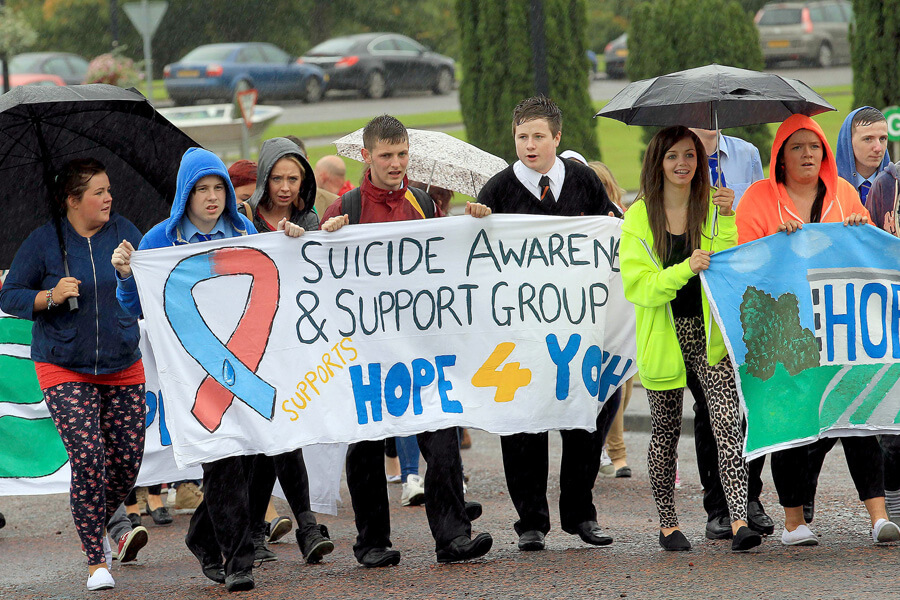
Paul Faith/PA Images via Getty Images
Every year on September 10 World Suicide Prevention Day is observed. Since 2003, the International Association for Suicide Prevention has collaborated with The World Health Organization and The World Federation for Mental Health to host the occasion.
The focus laid out by the organizers is to increase global, regional, national awareness of suicidal tendencies. By identifying the signs correctly, these areas can more efficiently prevent suicides and lower rates drastically.
Family Health History Day

Katherine Frey/The Washington Post via Getty Images
Recognized every year on Thanksgiving, Family Health History day is a time to learn more about what your family has been affected by. There are some traits passed on genetically that families need to discuss. Diabetes can be debilitating if not diagnosed and treated. Knowing if someone in your family has diabetes could help you learn how at risk you are for it.
Some cancers are passed down genetically as well. The earlier you learn what health condition runs in your family, the better chance you have to live a healthy life. If you have a healthy family, one great way to help is becoming a donor.
National Donor Day
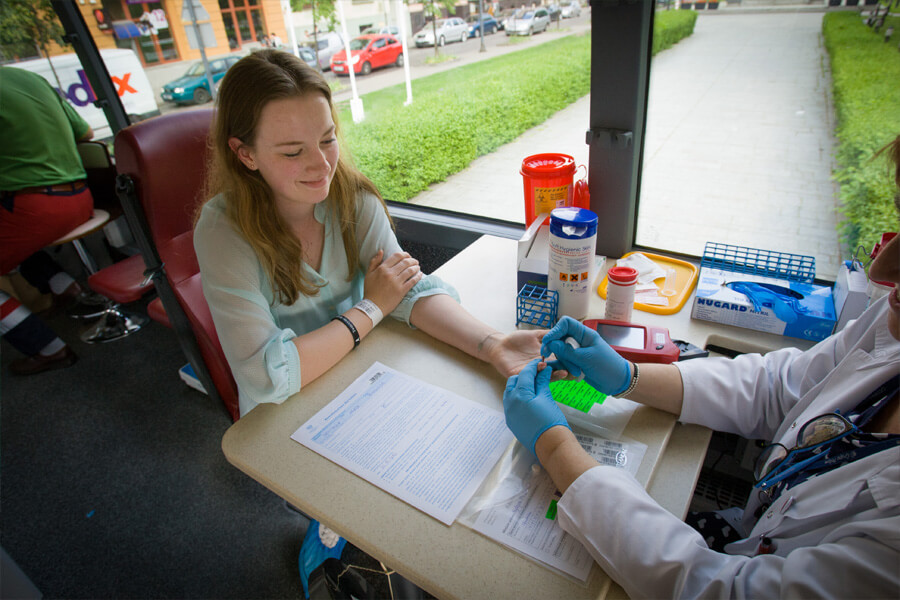
Jaap Arriens/NurPhoto via Getty Images
Over 120,000 people in the United States are on the waiting list to receive a new organ. National Donor Day works to get more people to register as donors. Started by the Saturn Corporation in 1998, the auto company chose February 14 as the day official National Donor Day.
From significant donations to small donations, the more donors there are, the more lives are saved. National Donor Day focuses on the five most urgent needs: tissues, marrow, blood, platelets, and organs. Donating organs can save eight lives or more and giving tissue can save 75 lives!
National PTSD Awareness Day
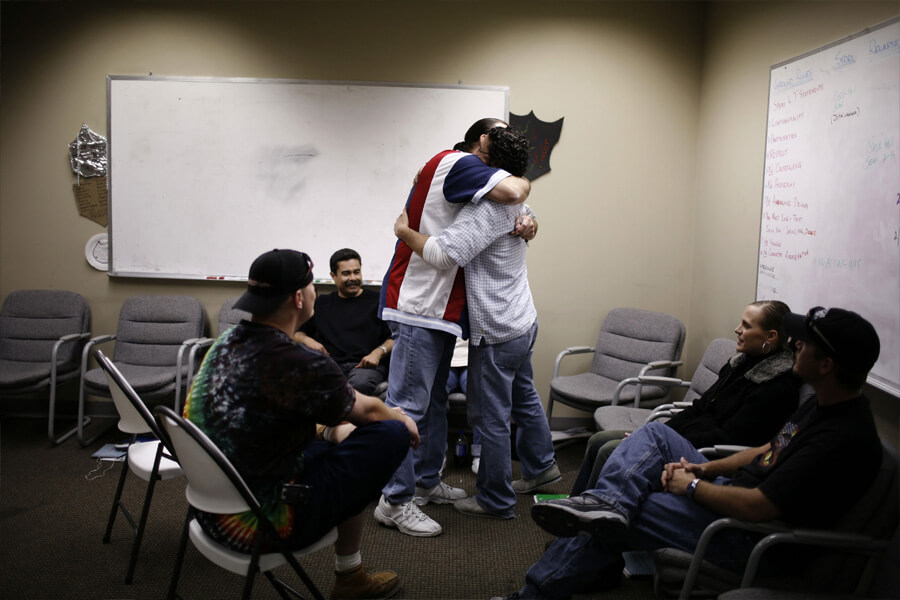
Charles Ommanney/Getty Images
Post-traumatic stress syndrome affects seven percents of adults in the United States. National PTSD Awareness Day acknowledges the devastating impacts the condition can have. Officially designated by the US Senate in 2010, the day if recognized nationally on June 27.
On National PTSD Awareness Day, companies that hire employees with PTSD receive information on supporting them. One of the most significant organizations involved with these employees is the US Department of Defense. Soldiers returning home from war are more affected than other groups. It's estimated that 30 percent of Vietnman veterans suffer from some degree.
World Down Syndrome Day

Djamilla Rosa Cochran/WireImage via Getty Images
Every year on March 21, families with members disabled with down syndrome gather for large group events to bring awareness to the condition. The day hopes to remove the stigma associated globally with down syndrome. By helping people understand that there is nothing scary about it, inclusion techniques can be used efficiently treating it.
In 2012 the Secretary-General of the United Nations released a statement reaffirming that those who have down syndrome are not lesser citizens of the world. They have every right to freedom and participation as global citizens.
Purple Day

Satyabrata Tripathy/Hindustan Times via Getty Images
Started in 2008 as a grassroots event to support epilepsy awareness, Purple Day occurs annually on March 26. Because lavender and purple are associated with epilepsy, supporters are encouraged to wear those colors.
Cassidy Megan created Purple Day in 2008. Struggling with the condition herself, she wanted to reach out to educate the world about epilepsy. In 2009 Dylan's Candy Bar in New York City was host to America's official launch party of the day. The most common symbol seen on March 26 is a lavender ribbon. Ribbons are used for a number of causes, including red for World AIDS Day.
World AIDS Day
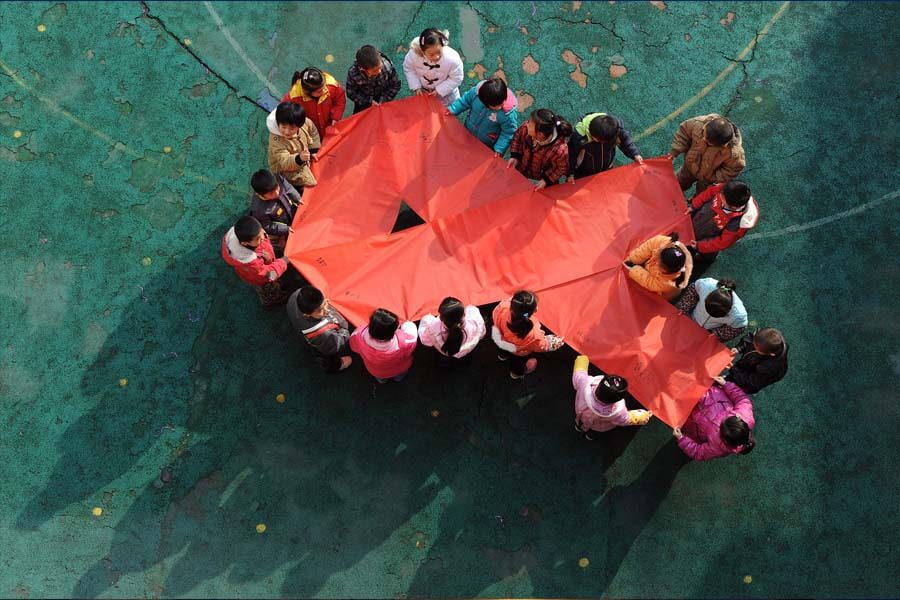
VCG via Getty Images
Held on December 1 every year since 1988, World AIDS day seeks to raise global awareness of the AIDS pandemic. AIDS is one of the most urgent health issues challenging the world. By 2017 over 36 million people had HIV. Deaths caused by AIDS total more than 41 million.
The World Health Organization came up with the day in 1987 in Switzerland. The two years that followed focused on children and young people living with HIV and AIDS. Ten years later the Joint United Nations Programme on HIV/AIDS was created to promote year-round awareness.
World Cancer Day
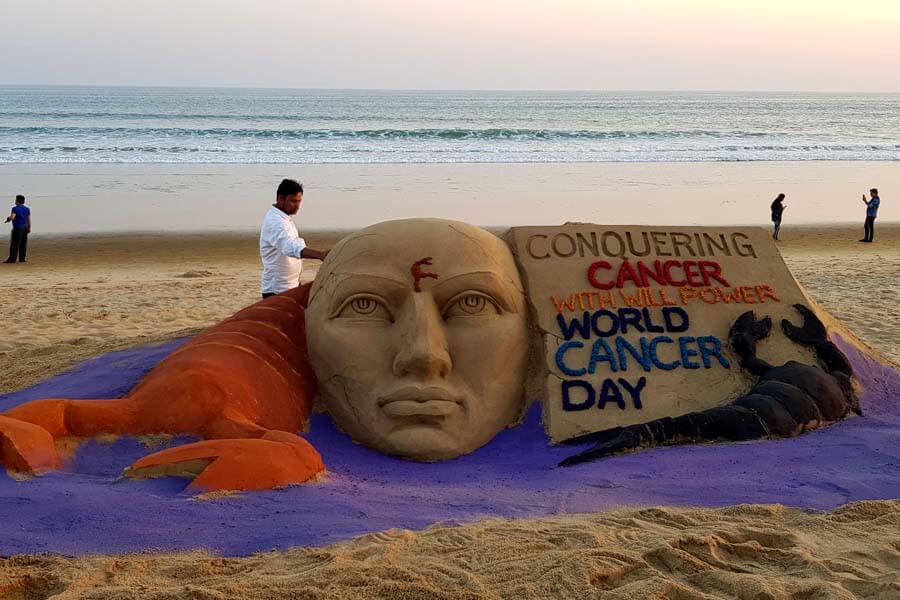
STR/NurPhoto via Getty Images
Founded by the Union for International Cancer Control (UICC), World Cancer Day looks to promote the importance of cancer education, screening, and treatment around the world. It was created as a way to support the goals of World Cancer Declaration.
Unlike some awareness days, Cancer Awareness Day makes it a goal to eliminate misinformation. The UICC runs many movements, one of which is #NoHairSelfie. "Hairticipants" shave their heads and share the pictures online with the hashtag to show their support. World Cancer Day takes place on February 4.
World Prematurity Day
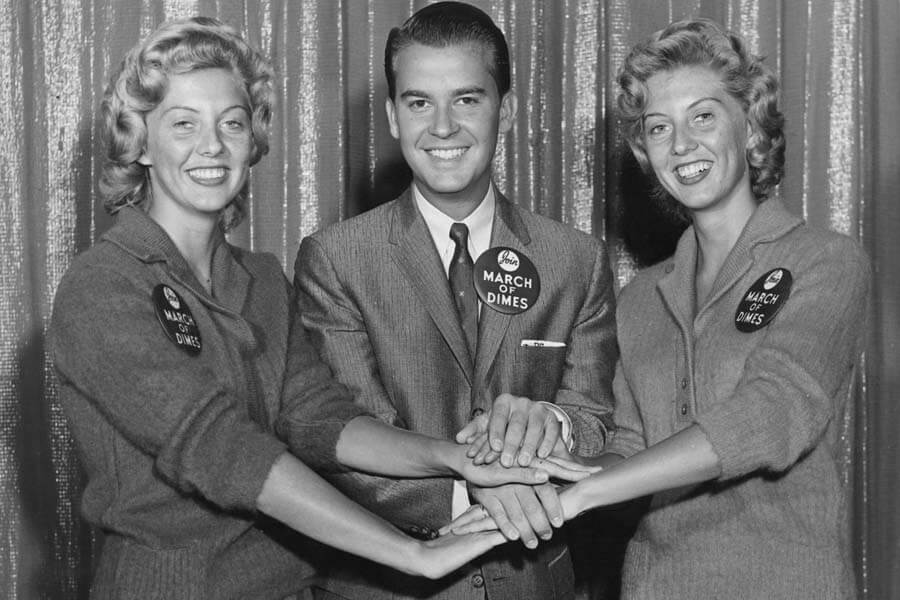
Pictorial Parade/Archive Photos/Getty Images
Fifteen million children are born prematurely every year. World Prematurity Day, held on November 17, educates the world on appropriate actions that need to take place when this occurs. In countries that can track birth rate data, the number of preterm babies being born is increasing.
Children born too early live at high risk for developing health problems before age five. Premature children also face problems with brain function, lung operation, vision, and hearing. March of Dimes leads the charge preterm awareness and asks its supporters to change their profile pictures on World Prematurity Day to promote their cause. World Sickle Cell Day was created to highlight a significant preterm health concern.
World Sickle Cell Day
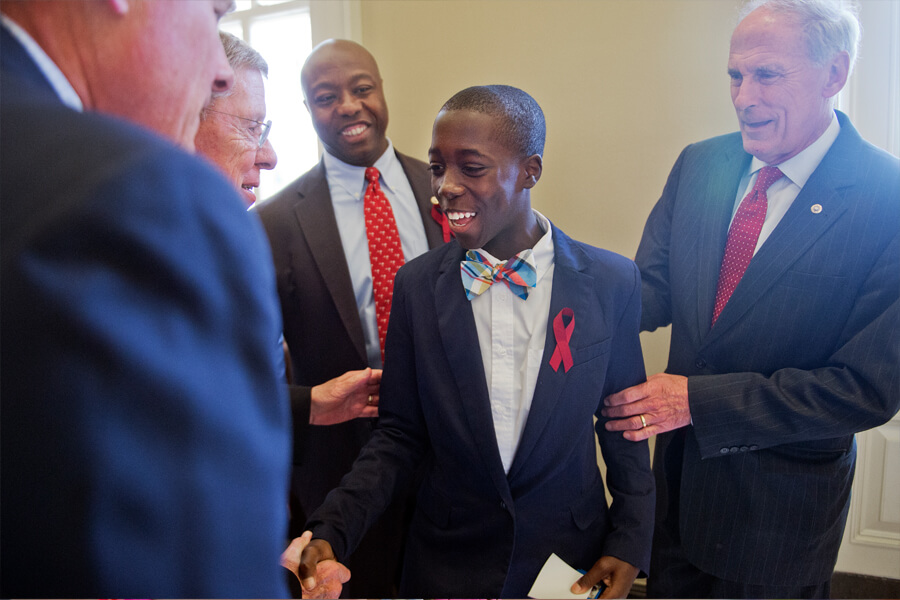
Tom Williams/CQ Roll Call
June 19 was chosen to recognize World Sickle Cell Day to acknowledge the anniversary of the General Assembly of the United Nations declaring sickle cell disease a public health concern.
Affecting children and adults around the world sickle cell disease is one of the leading causes of child death in Africa. On World Sickle Cell Day health groups hold educational events worldwide to increase understanding. One of the best ways to support the cause is to donate money for research and treatment development. Any little things help give hope those living with sickle cell disease.
Don't Fry Day
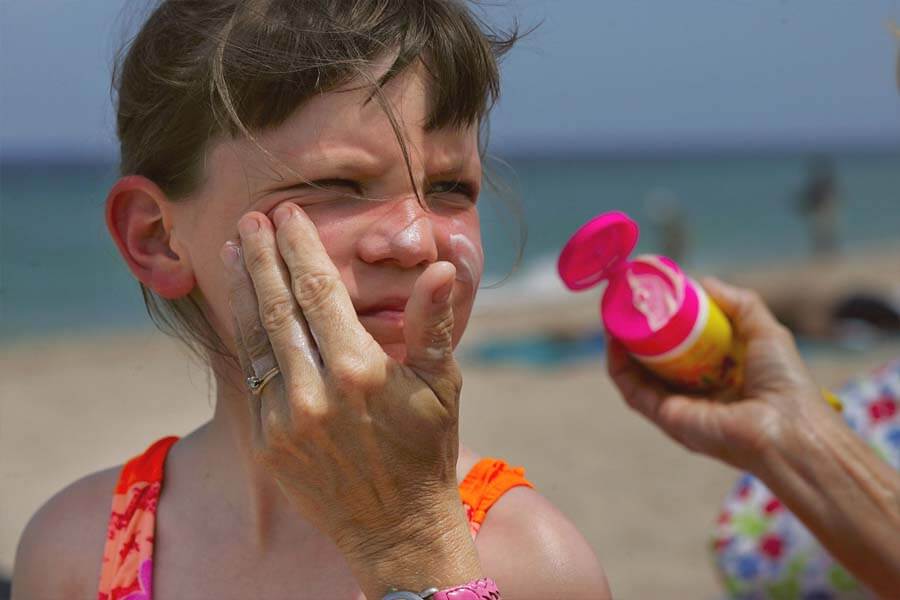
Joe Raedle/Getty Images
Don't Fry Day happens every year on the Friday before Memorial Day and encourages sunscreen or long sleeves to lower the risk of skin cancer. Knowing that they can't stop families from enjoying the sun in the Summer, the National Council on Skin Cancer Prevention provides several helpful tips to decrease risk.
The number one tip is to wear a lot of sunscreen. Wearing sun-protective clothing and seeking shade further reduce risk. A majority of skin cancers result from overexposure; a catchy phrase the council preaches to remember is, "Slip! Slop! Slap!... and wrap when you're outdoors."
World Kidney Day

Bertrand Rindoff Petroff/Getty Images
Sixty-six countries observed the first World Kidney Day in 2006. Two years later that number was 88. The global health awareness campaign raises awareness about kidney ailments. While most are treatable, they are still considered a medical concern.
The 2018 campaign focused on chronic kidney disease. The affliction, if not treated, can lead to kidney failure and premature death. There are currently 195 million women living with chronic kidney disease globally and is the eight leading cause of death. The annual World Kidney Day march happens on March 8.
National Youth AIDS And HIV Awareness Day
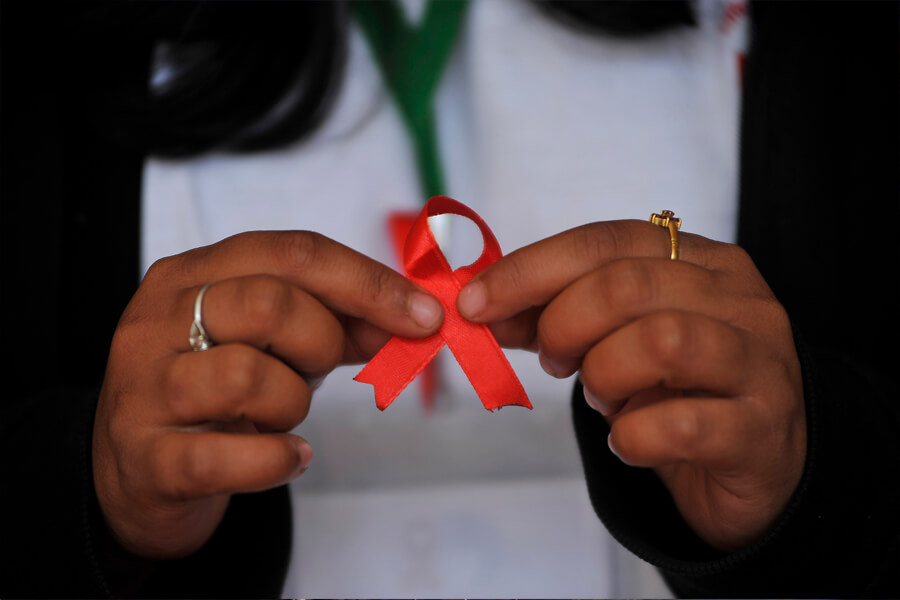
Narayan Maharjan/NurPhoto via Getty Images
April 10 is National Youth AIDS and HIV Awareness Day. The event, created in 2013, focuses on the impact AIDS and HIV has on youth in the United States. On average, 20 percent of HIV diagnoses in the country are people between 13 and 24 years old.
Every year in April, Schools are looked on to educate students about health safety. The CDC recommends schools teach students about HIV/AIDS as well as other STDs. One of the easiest health safety tips that is often over-looked is washing hands regularly.
Global Handwashing Day
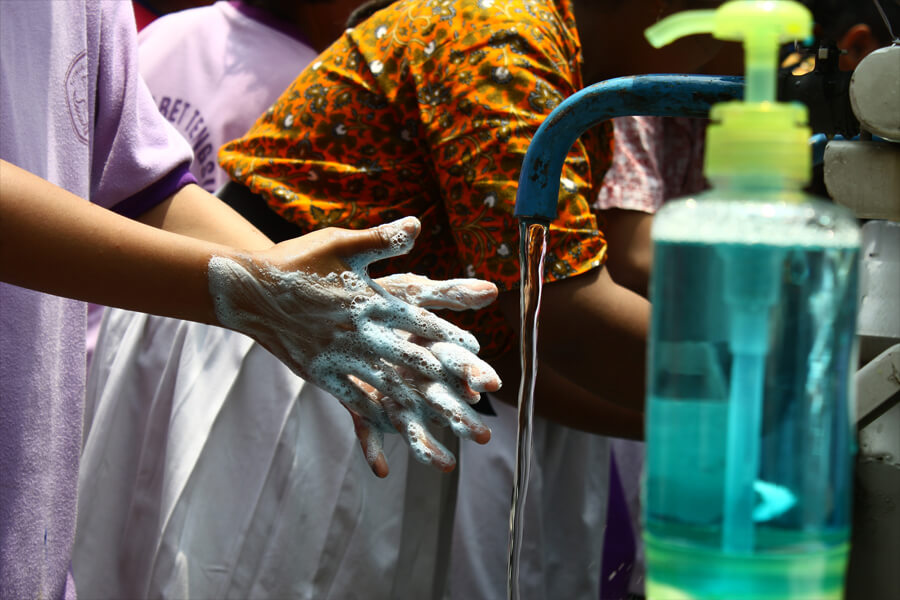
Aditya Irawan/NurPhoto via Getty Images
Handwashing is a straightforward activity that can be easy to avoid 2014 a trend Global Handwashing Day hopes to end. The act of regularly washing your hands with soap is one of most basic ways to lower disease risk. The first Global Handwashing Day witnessed over 120 million kids participate.
Since 2008, the number of kids and countries participating has grown. In 2017 over 100 countries joined on October 15. The annual theme, "our hands, our future!" reminds children and adults the vital part of growing up cleanliness provides.
World Psoriasis Day
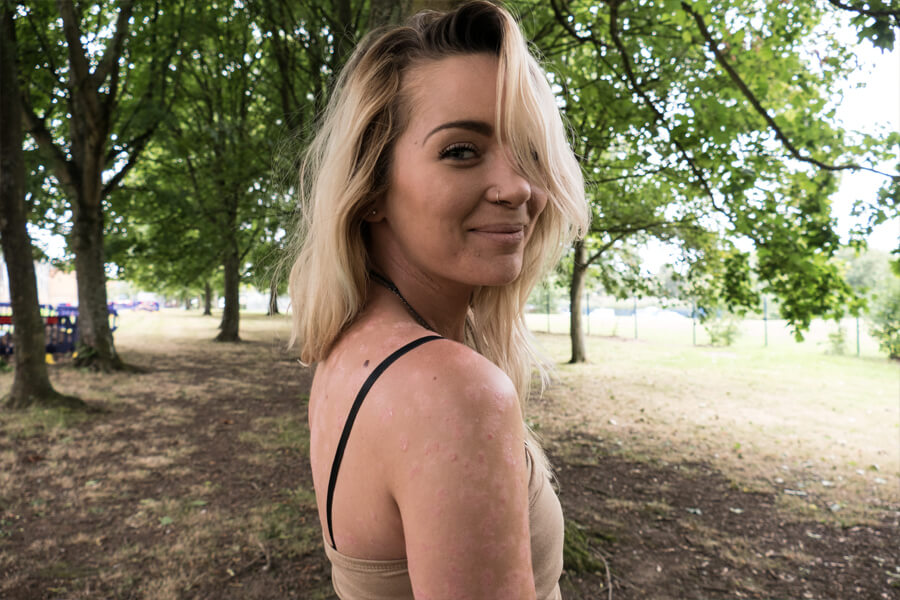
Marcus Hessenberg/BarcroftImages / Barcroft Media via Getty Images
On October 29, 2018, the International Federation of Psoriasis Association will engage in global activities to spread their message. Psoriasis is a worldwide health concern that afflicts over 125 million people.
Sadly, access to treatment is limited. On World Psoriasis Day activists are encouraged to push for better and more affordable access to treatment. Events held every year include an awareness walk, seminars by medical professionals, free psoriasis assessments, and fundraising barbeques. The first ever World Psoriasis Day happened in 2004.
World Heart Day
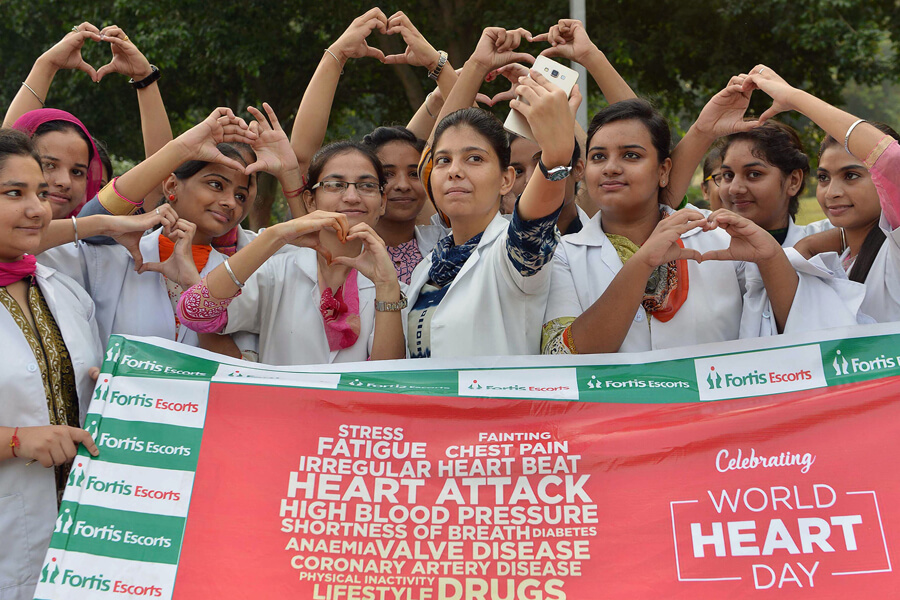
NARINDER NANU/AFP/Getty Images
In 2017, World Heart Day saw a record number of participants. Organized by the World Heart Federation, the annual event seeks to engage governments around the world to educate their citizens about the dangers and prevention of cardiovascular disease. Worldwide, the condition is the number one cause of death.
The celebration in 2017 focused on small changes people can make to improve their heart health. Getting more exercise and making smarter eating decisions were crucial components to the campaign.
International Stuttering Awareness Day

Michael N. Todaro/FilmMagic via Getty Images
Every year on October 22 International Stuttering Awareness Day is celebrated. Since 1998 the International Stuttering Association (ISA) brings attention to people who live with a stutter. Often thrown away by the public as an annoyance and fixable, stuttering is a communication disorder with no cure.
On International Stuttering Awareness Day the ISA works with media outlets to hold online conferences on the disorder. Because the main event of the day is an online conference, people can participate and educate themselves from the comfort of their homes.
